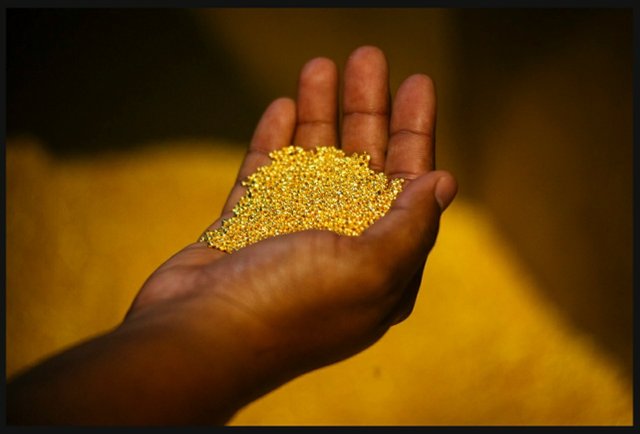
Has Gold become hyperinflationary? Can Bitcoin replace Gold as a “store-of-value” due to its natural scarcity? In this article we discuss these questions and give you insights on what this Gold discovery could mean to Bitcoin’s price.

Last week Uganda announced a discovery of a major gold deposit worth $12.8 trillion. This discovery was announced at the UN General Assembly by Uganda’s President Yoweri Museveni. If Uganda is currently sitting on 31 million metric tons of gold (worth $12.8 trillion) this would obviously increase the global supply of gold substantially. And as basic economics goes, more supply means lower price. In fact, 31 million metric tons of gold would more than double the current supply meaning the price of Gold would be halved.
The current market capitalization of gold is around $11.6 trillion, which would mean that Uganda found more gold than there is in global circulation at the moment. Is gold really a secure “store-of-value” when it still can be found in massive amounts which could double the total supply overnight?
The Bitcoin community has its close eyes on Uganda’s gold discovery, as they have always argued that Bitcoin - with it’s strict limited supply of 21 million - is a superior “store-of-value” than gold is. The Bitcoiners admit that gold has a solid track record of being a stable currency which goes back millennia. However, the latest gold discovery in Uganda questions gold’s stability and as the Bitcoin maximalists say “Gold’s loss could be Bitcoin’s gain

Your post was upvoted and resteemed on @crypto.defrag
Downvoting a post can decrease pending rewards and make it less visible. Common reasons:
Submit